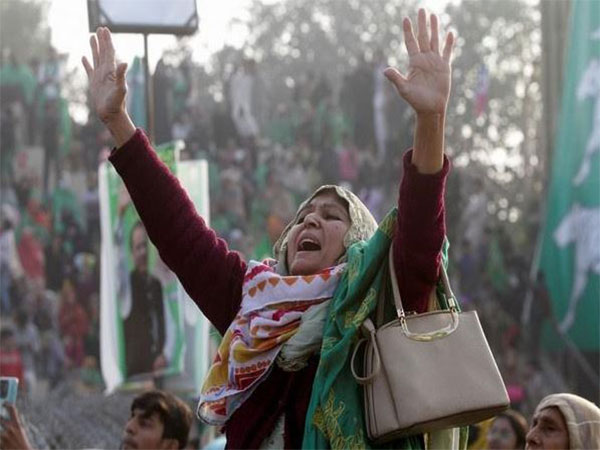Pakistani Human Rights Activist Denounces Systemic Gender Inequality
Prominent human rights activist Anila Gulzar criticizes persistent gender discrimination in Pakistan. Despite existing legal frameworks, women face harassment, honour killings, forced marriages, and educational barriers. Systemic issues, societal norms, and weak law enforcement hinder progress. However, movements like Aurat March show women's resilience in fighting for equality and justice.

- Country:
- Switzerland
Anila Gulzar, a distinguished human rights advocate from Pakistan, has sharply criticized the ongoing gender discrimination and violence against women in her country. As a member of the Christian minority, Anila highlighted Pakistan's persistent struggle with systemic inequality and violence against women, despite legal safeguards intended to protect their rights.
She pointed out that discrimination begins at birth, with a preference for male children affecting girls' access to healthcare, education, and nutrition. This mindset leads to early marriages and limited career opportunities for women. Anila cited the World Economic Forum's Global Gender Gap Report, which ranks Pakistan low in gender equality, particularly in education and economic participation.
In the workplace, women, who comprise only 22% of the workforce, face harassment and wage gaps. Violent practices such as honour killings, which claim about 1,000 lives annually, remain prevalent, while rape cases rise with minimal justice delivered. Activists like Anila call for stronger enforcement of existing laws to genuinely protect women's rights.
(With inputs from agencies.)










